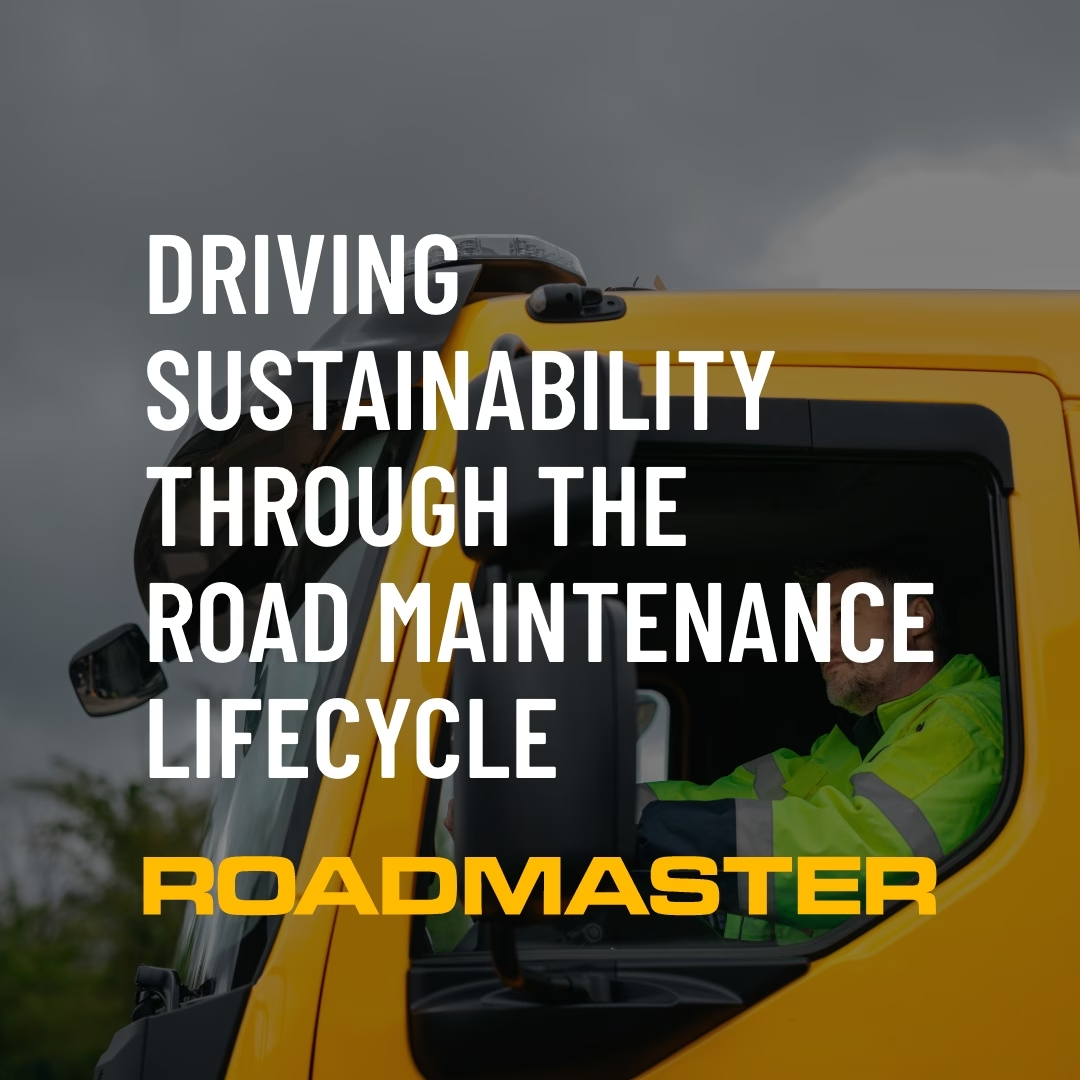
As countries across Europe continue to tighten their emission reduction targets, local authorities are under increasing pressure to adopt more sustainable practises in their infrastructure operations.
In the UK, the National Highways Decarbonisation Plan has an ambitious goal to achieve net zero emissions in road maintenance and construction activities by 2040. Similarly, France’s National Low Carbon Strategy aims to achieve carbon neutrality for the road industry by 2050.
However, with a decline in maintenance funding causing a repair backlog across the continent over the last decade, many local authorities are now struggling to adopt more sustainable maintenance strategies as they scramble to keep on top of reactive repairs.
Reducing carbon emissions in road maintenance is a multifaceted challenge that starts with addressing the environmental impact of materials and maintenance processes. To achieve long-term sustainability, councils must examine their overall strategy and how they approach every angle of road maintenance.
Efficient material usage
According to the Centre of Excellence for Decarbonising Roads, road materials contribute up to 40% of the total carbon emissions of the highways sector. Reducing this figure is a vital step toward combatting the overall carbon output of road maintenance activities.
Developing a greener supply chain that considers the embodied carbon of road maintenance materials is the first move. Secondary to this is eliminating any material waste during maintenance. Unfortunately, this can be difficult to achieve with traditional hand-lay repairs, as the mix is at the mercy of the operator.
Thankfully, advances in road maintenance technology mean that machines such as spray patchers are now often equipped with calibration technology which automatically mixes the ideal ratio of materials and deploys the exact amount to the surface of the defect.
Environmentally friendly road maintenance processes
Another element to consider is the carbon output of road maintenance processes. Road excavation and material heating account for a high percentage of emissions, so using a repair method such as spray patching that delivers a durable fix without these processes reduces emissions significantly.
According to VolkerHighways, spray patching achieves a 96% reduction in carbon output when compared to traditional hand-lay repairs.
Prevention Vs Cure
Recent figures from the RSTA suggest that the amount of time, money and emissions spent on reactive and structural maintenance programmes could be significantly reduced if councils increase their use of a wider range of surface treatments at the right time in the lifecycle of the road network.
Intervening at the right time to repair early defects prevents the formation of bigger issues that are more resource and carbon intensive to repair.
A traditional throw and roll pothole repair generates upwards of 3.2kg of CO₂, and with repairs typically lasting only 3 months, repeated intervention is often necessary.
On the other hand, proactive maintenance using treatments like crack sealing and edge strengthening prevents the road surface slipping into decline, where maintenance requirements (and thus carbon emissions) accelerate sharply.
Barriers to sustainable technology adoption
As government bodies increasingly integrate sustainability into their road maintenance business cases, local authorities must adapt to meet these evolving standards. However, budgetary constraints often drive a fear of investing in more modern and sustainable maintenance machinery.
To overcome this barrier, local authorities should explore the total cost of ownership and long-term savings offered by modern road maintenance technology. By committing to sustainable practices now, they can enhance infrastructure resilience, reduce environmental impact, and ultimately lower lifecycle costs, ensuring a more efficient and future-proof road network.
Talk to Roadmaster today to discover the carbon and costs savings you could achieve for your local authority.